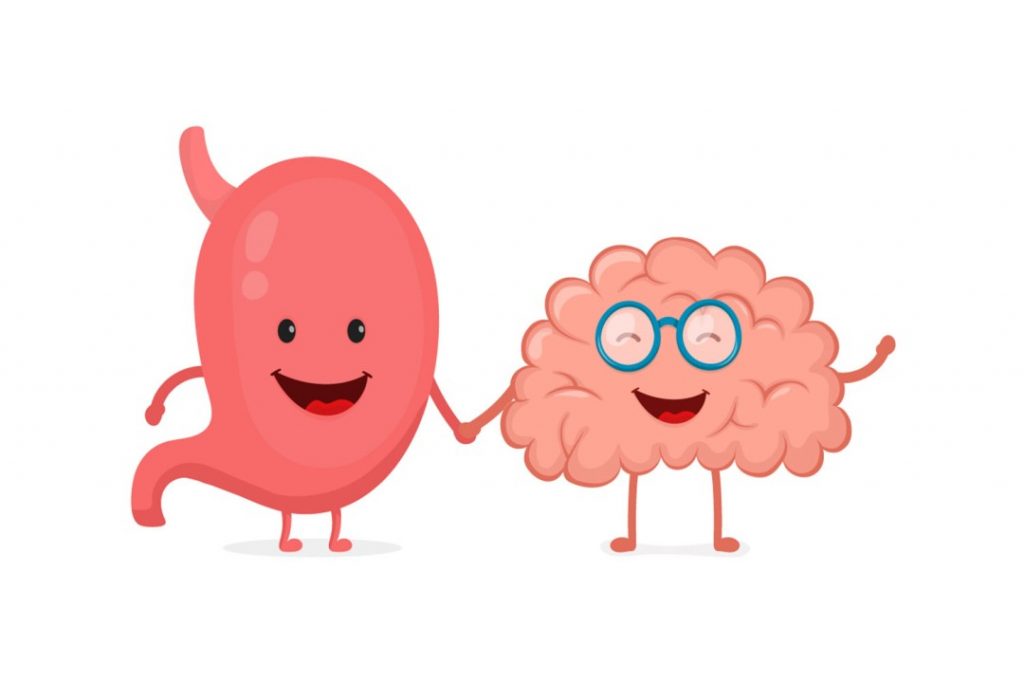
Did you know, stress and gut health are closely connected, forming a bidirectional relationship that can significantly impact overall well-being. The gut, often referred to as the “second brain,” houses a complex network of nerves and microbes that play a crucial role in digestion, nutrient absorption, and immune function.
When we experience stress, whether it’s due to work pressures, relationship issues, or other life challenges, the body enters a “fight or flight” mode. This response triggers the release of stress hormones such as cortisol and adrenaline. While these hormones are essential for dealing with immediate threats, chronic stress can lead to prolonged elevation of cortisol levels, disrupting the delicate balance within the gut.
One way stress affects gut health is by altering the composition of the gut microbiota, which refers to the trillions of microorganisms residing in the digestive tract. Stress can promote the growth of harmful bacteria while suppressing beneficial ones. This imbalance, known as dysbiosis, may compromise the gut’s ability to perform its various functions, leading to issues like inflammation, impaired digestion, nausea, cramping, diarrhea, constipation, and a weakened immune system.
Moreover, stress can impact the integrity of the gut lining. The intestinal barrier serves as a defense against harmful substances, allowing nutrients to pass through while preventing the entry of toxins and pathogens. Chronic stress can compromise this barrier, making it more permeable, this is often referred to as leaky gut. As a result, undigested food particles, bacteria, and other potentially harmful substances may leak into the bloodstream, triggering an inflammatory response and contributing to a range of health problems.
Conversely, the gut communicates with the brain through the gut-brain axis, a bidirectional signaling pathway. The gut produces neurotransmitters, including serotonin, often referred to as the “feel-good” neurotransmitter. Stress-induced changes in the gut can impact the production and function of these neurotransmitters, influencing mood and emotional well-being.
To maintain optimal gut health in the face of stress, it’s essential to adopt stress management strategies such as regular exercise, mindfulness practices, and adequate sleep. Additionally, a balanced diet rich in fiber and diverse nutrients supports a healthy gut microbiota. By understanding and addressing the connection between stress and gut health, individuals can take proactive steps to promote overall well-being.
If you are concerned about your gut-brain connection, stress levels, or any gut symptoms, make an appointment to talk to Tam today.



